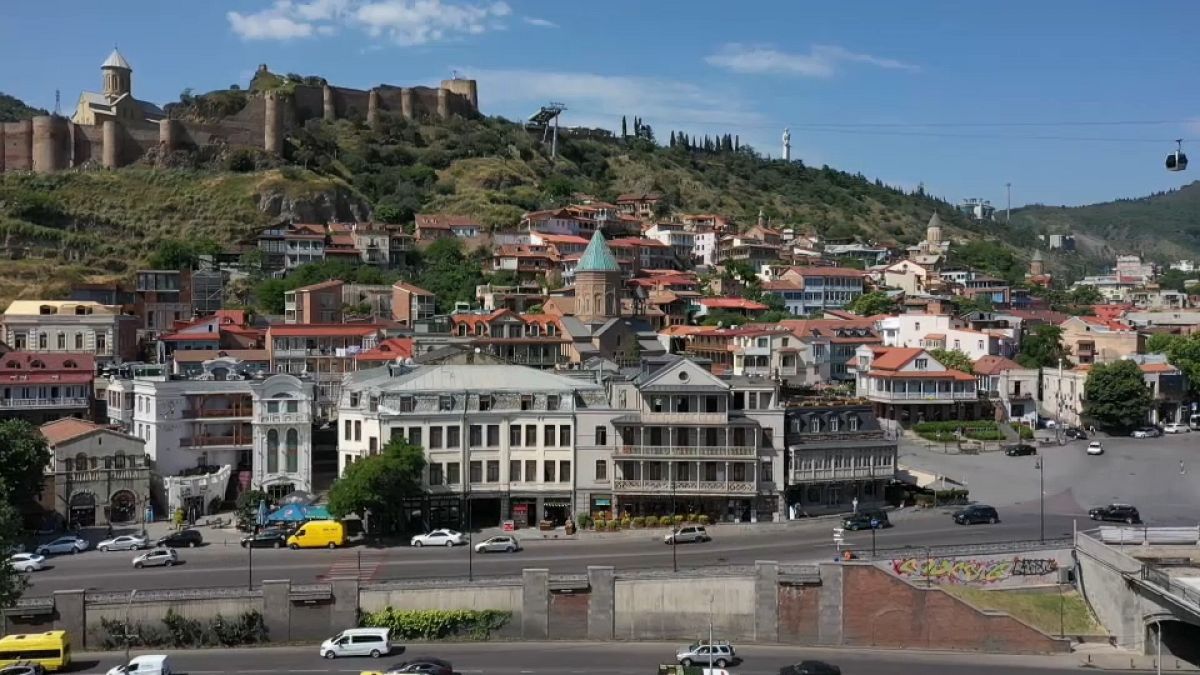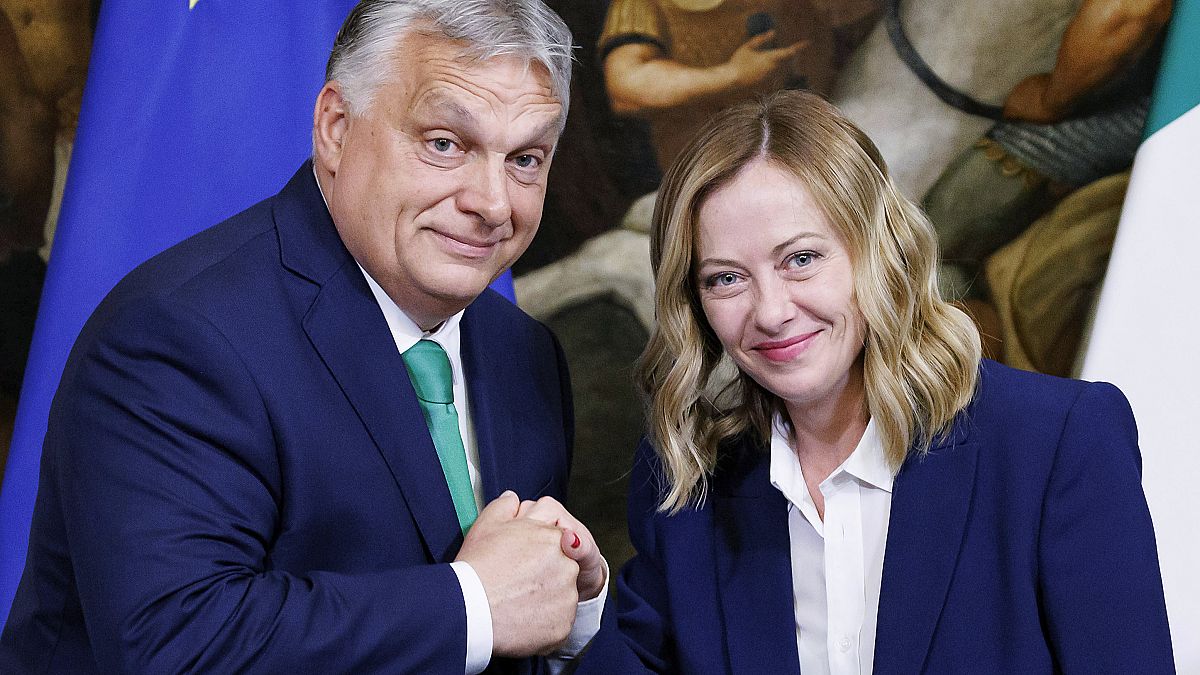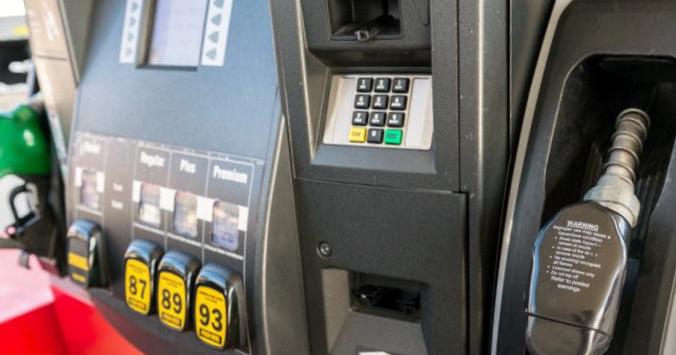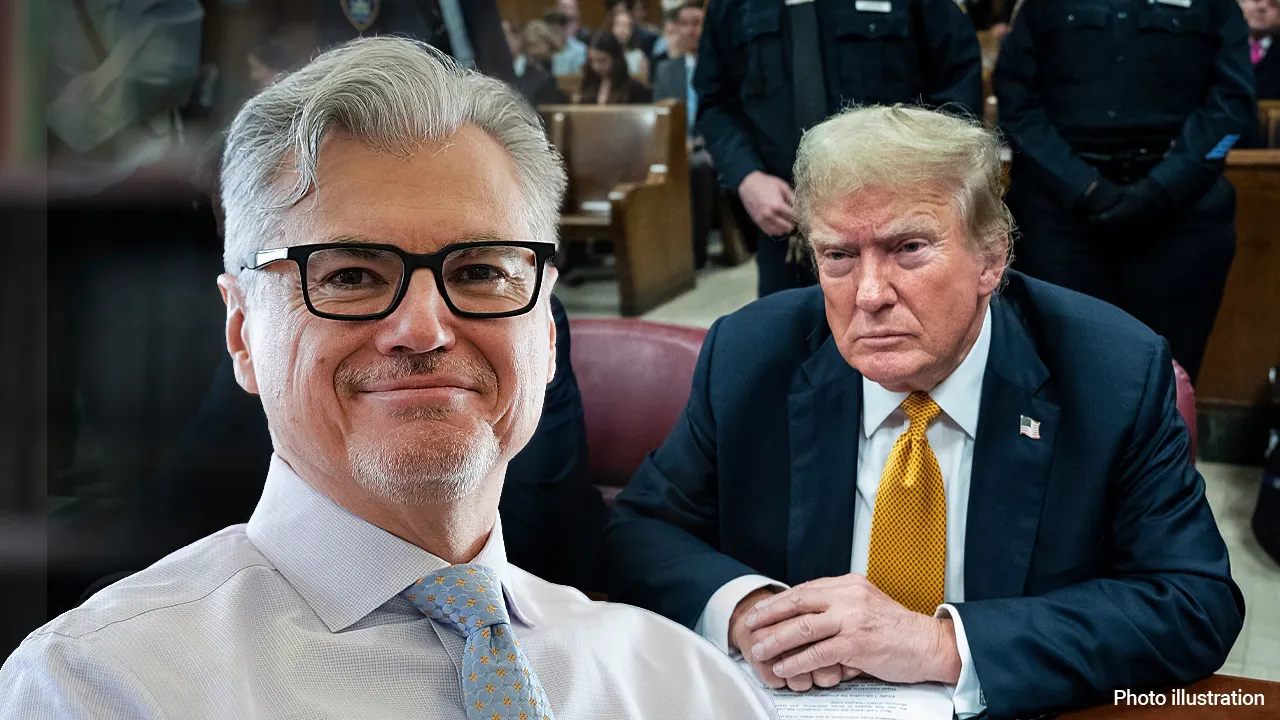World
Did Europe fail Palestinians by isolating Hamas?
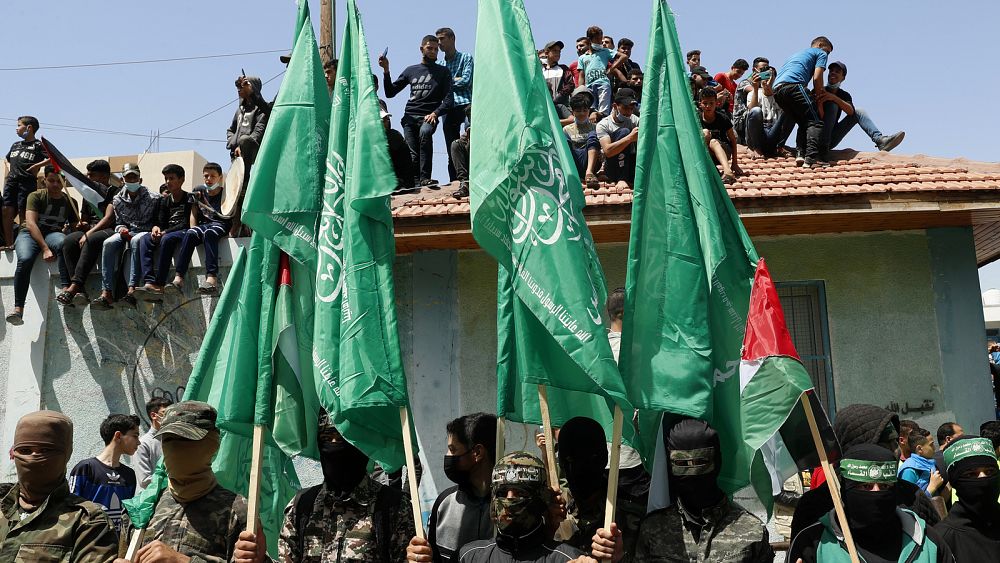
When Hamas won the Palestinian legislative elections in January 2006, Europe had a problem.
The Palestinian democracy it had helped build after the 1993 Oslo Accords delivered a result it was deeply uncomfortable with – electoral victory for a group it considered terrorists.
The West immediately boycotted the democratically elected Hamas-led government until it agreed to recognise Israel and renounce violence. Hamas refused and went on to take control of the Gaza strip in 2007.
The European Union has since been one of the biggest donors of critical aid to Palestinians in Gaza and the occupied West Bank, propping up the local economy and preventing its people from plunging into poverty.
But the EU has done this while maintaining a strict policy of ‘no contact’ with Hamas, refusing to engage with the militant group and channelling aid to Gaza through United Nations (UN) agencies and other organisations it considers outside Hamas’ orbit in order to side-step the government.
In its latest decision in a botched response to the war, the European Commission on Saturday tripled its humanitarian support for Palestinians to €75 million euros. Meanwhile, it is “reviewing” approximately €396 million in unspent development aid to ensure no EU money has inadvertently come into contact with Hamas.
Euronews spoke to two experts deeply divided on the EU’s decision to isolate Hamas, and its impact on the bloc’s diplomatic leverage in the region.
EU aid a “lifeline” for Palestinians
For Dr Matthew Levitt, director of the Reinhard programme on counterterrorism and intelligence at the Washington Institute, the West’s boycott of Hamas was the only viable response to the group’s electoral victory.
“People have the right to vote for whoever they want, but it comes with consequences,” Dr Levitt told Euronews.
“Hamas was never part of the solution. We must also remember that the EU and its allies did maintain lines of communication with Hamas leaders after they won the 2006 elections, but it was important for the West at that time to establish how it dealt with terrorists,” he added.
The EU and its Western allies’ continued provision of aid was – and still is – a lifeline for vulnerable Palestinians, providing for their essential basic needs, Dr Levitt said.
The EU contributes at least €82 million to UNRWA, the UN agency providing essential services to Palestinian refugees, every year, and in 2022 alone invested €145.35 million in development aid to pay the salaries and pensions of Palestinian civil servants, invest in hospitals and support vulnerable households.
But Dr Tamet Qarmout, head of public administration at the Doha Institute for Graduate Studies, who worked in Gaza for the United Nations Development Programme (UNDP), believes that EU aid has also perpetuated a state of Palestinian reliance while “relieving” Israel of its responsibilities.
“Palestinians have been drip-fed aid in order to survive, when what they need is an operation to survive. But no one has been willing to make that decision for them,” he explained.
Dr Qarmout also believes that by isolating Hamas, Europe became even more beholden to Israeli interests, allowing Israel to continuously scupper the peace process.
“While generous donors have undoubtedly helped the Palestinian people, they have also paid the price of Israeli occupation, and this cynically and sadly sustains occupation,” he added.
“UN agencies also became agents to Israel’s security apparatus, but also came under immense pressure because Hamas opposed the arrangement,” he said.
Dr Qarmout also told Euronews that because of UN aid workers’ role in sustaining the western boycott of Hamas, they were eventually pressured “to share information with Hamas” on what came in and out of the Gaza strip, meaning aid became increasingly politicised.
“The key question Europe needed to ask itself at the time was how to effectively use aid to ensure both parties respected the peace process, on both sides. But the discussion was never opened in European politics, as if it were a taboo,” he added.
Former European leaders, including former British premier Tony Blair, have in the past expressed regret at the decision to immediately boycott Hamas in 2007, saying the international community should have engaged the Islamist militants in dialogue.
Sabotage of aid ‘possible’
But Dr Levitt says that the West had to establish clear red lines on Hamas.
He also believes that while the immediate priority for the EU right now should be to ensure essential humanitarian aid continues to reach Gaza, it is also right to investigate potential diversion of funds to Hamas.
“There have long been issues of aid to Palestinians being misdirected, in particular EU aid,” Dr Levitt said. “The reality is that Hamas controls the Gaza strip, and so the assumption must be that some of the aid coming in is being misdirected. The ability to divert or skim off the top is real.”
“There are very good reasons to reassess how aid is delivered, but not whether aid should be delivered,” he added.
Members of the European Parliament have in recent years raised concerns about the possible diversion of European funds by Hamas. In a 2021 written question to the European Commission, Swedish MEP Charlie Weimers questioned whether EU funds in the value of €1.7 million to the Islamic University of Gaza (IUG) – which has close and well-documented links to Hamas – run counter to the bloc’s anti-terrorism commitments.
In her response, the then-European commissioner for education Mariya Gabriel said the Commission had cancelled grant agreements with IUG in 2021 after it refused to agree to a clause stipulating beneficiaries must ensure no link to persons on the EU’s list of restrictive measures.
Last week, the Israeli Defense Forces targeted the IUG with airstrikes, claiming it was being used as a “training camp” for Hamas militants.
But Dr Qarmout says that despite these claims, “no shred” of evidence or intelligence has been produced to demonstrate any claims that EU funds are being diverted by Hamas, whilst there is plenty of evidence of Israel targeting donor-funded projects in Palestinian territories.
An uptick in Israeli demolitions of Palestinian infrastructure, including EU-funded projects, was seen in 2021, prompting EU and UK representatives to visit affected communities in the West Bank.
In a 2021 statement, the European External Action Service (EEAS) said 150 donor-funded structures were destroyed by Israeli authorities that year, displacing 656 people, including 359 children, across the West Bank.
Israel has also targeted water wells and pipelines during conflicts, including the 2021 11-day war, despite many water projects being backed by foreign donors.
Although the EU has repeatedly condemned attacks by Israeli settlers against Palestinians as well as targeted bombardments of critical Palestinian infrastructure, it has never investigated how Israel could have intentionally undermined the EU’s own development projects in the region.
On Monday, the European Commission announced it would step up its efforts to bring aid to Gaza by sending flights of UNESCO humanitarian supplies to Egypt, as international efforts to open humanitarian corridors continue.

World
GameStop is becoming a poorly run bank

World
WikiLeaks’ Assange is free after pleading guilty in deal with Justice Department

WikiLeaks founder Julian Assange pleaded guilty Tuesday in connection with a deal with federal prosecutors to close a drawn-out legal saga related to the leaking of military secrets that raised divisive questions about press freedom, national security and the traditional bounds of journalism.
The plea to a single count of conspiring to obtain and disclose information related to the national defense was entered Wednesday morning in federal court in Saipan, the capital of the Northern Mariana Islands, an American territory in the Pacific.
WikiLeaks founder Julian Assange, second from right, arrives at the United States courthouse where he is expected to enter a plea deal in Saipan, Mariana Islands, Wednesday, June 26, 2024. (AP Photo/Eugene Hoshiko) (AP )
Assange said that he believed that the Espionage Act under which he was charged contradicted his First Amendment rights but that he accepted that encouraging sources to provide classified information for publication can be unlawful.
“I believe the First Amendment and the Espionage Act are in contradiction with each other but I accept that it would be difficult to win such a case given all these circumstances,” he reportedly said in court.
Under the terms of the deal, Assange is permitted to return to his native Australia without spending any time in an American prison. He had been jailed in the United Kingdom for the last five years, while fighting extradition to the United States.
A conviction could have resulted in a lengthy prison sentence.
AUSTRALIAN LAWMAKERS SEND LETTER URGING BIDEN TO DROP CASE AGAINST JULIAN ASSANGE ON WORLD PRESS FREEDOM DAY

Screen grab taken from the X account of WikiLeaks founder Julian Assange following his release from prison on Tuesday June 25, 2024. Assange has arrived in Saipan ahead of an expected guilty plea in a deal with the U.S. Justice Department that will set him free to return home to Australia. (@WikiLeaks, via AP)
WikiLeaks, the secret-spilling website that Assange founded in 2006, applauded the announcement of the deal, saying it was grateful for “all who stood by us, fought for us, and remained utterly committed in the fight for his freedom.”
Federal prosecutors said Assange conspired with Chelsea Manning, then a U.S. Army intelligence analyst, to steal diplomatic cables and military files published in 2010 by WikiLeaks. Prosecutors had accused Assange of damaging national security by publishing documents that harmed the U.S. and its allies and aided its adversaries.
Manning was sentenced to 35 years in prison. President Barack Obama commuted the sentence in 2017 in the final days of his presidency.
Assange has been celebrated by free press advocates as a transparency crusader but heavily criticized by national security hawks who say he put lives at risk and operated far beyond the bounds of journalism.
SUPPORTERS OF JULIAN ASSANGE RALLY AT JUSTICE DEPT. ON 4-YEAR ANNIVERSARY OF DETAINMENT
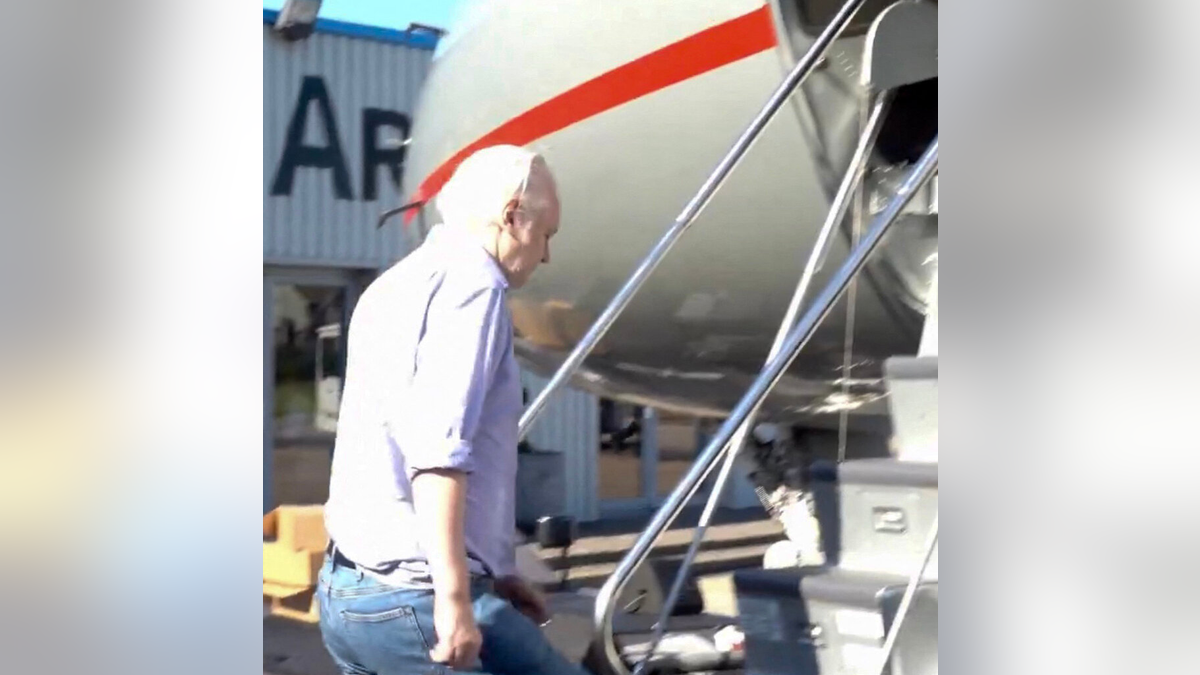
Julian Assange seen boarding an airplane. (Getty Images)
Weeks after the 2010 document cache, Swedish prosecutors issued an arrest warrant for Assange for allegedly raping a woman and an allegation of molestation. The case was later dropped. Assange has always maintained his innocence.
In 2012, he took refuge in the Ecuadorian Embassy in London, where he claimed asylum on the grounds of political persecution, and spent the following seven years in self-exile there.
The Ecuadorian government in 2019 allowed the British police to arrest Assange and he remained in custody for the next five years while fighting extradition to the U.S.
The Associated Press contributed to this report.
World
France elections: Germans prepare for seismic change in EU politics
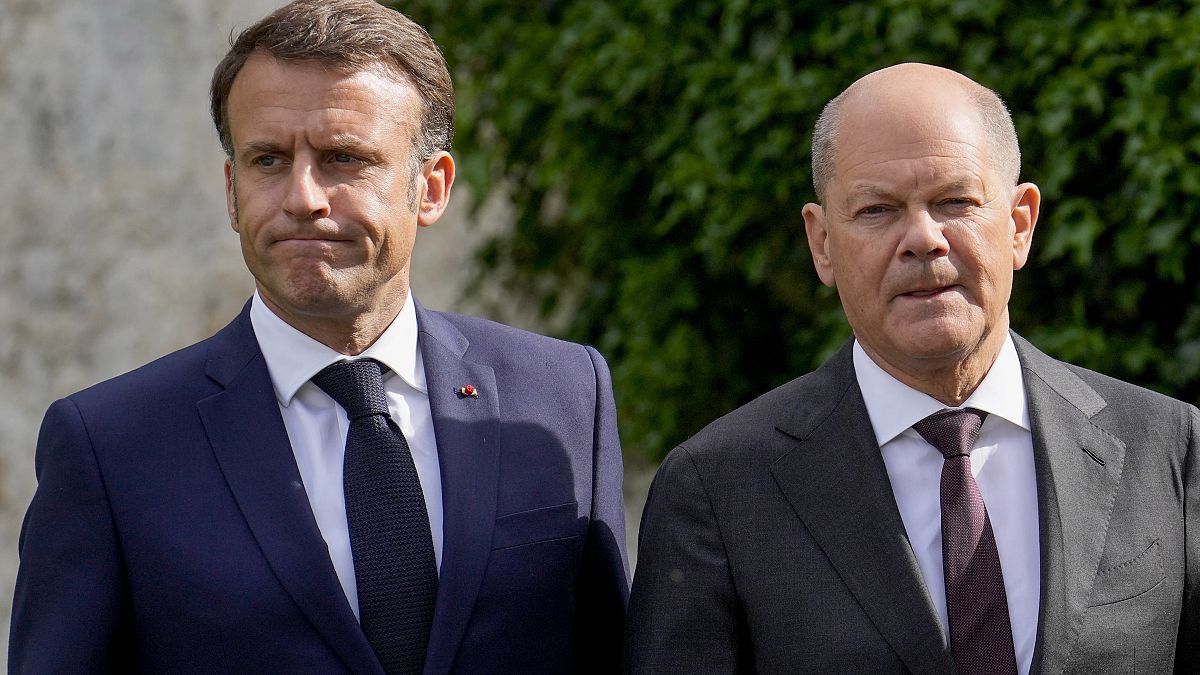
As France gears up for the shocking snap elections that French President Emmanuel Macron called during the EU elections, Germans are preparing for a seismic change in EU politics.
With the upcoming French elections just around the corner, Germany is bracing itself for the results, which are expected to swing to the right.
Climate, migration and gender equality policies are likely to be affected on a national level in France if far-right Marine Le Pen’s National Rally party wins. Yet, political scientist Prof Dr Miriam Hartlapp warned the effects could ripple across the European Union.
“Policymaking in Brussels will change because members of this right-wing populist party could sit in the Council of Ministers. This creates a different situation for countries like Germany and other European nations,” Hartlapp said.
“France is not a small member state, but a large and important one. We can expect that European climate policy, asylum and migration policy, and gender equality policy at the European level will then look different,” she added.
Hartlapp said the swing to the right has spread across Europe as the dissatisfaction with current governments is reflected in the political climate.
Germans are aware of the changes and this “causes concern,” Harlapp said, pointing at German Chancellor Olaf Scholz’s recent interview where he said he hopes “that parties that are not [Marine] Le Pen, to put it that way, are successful in the election. But that is for the French people to decide.”
Hartlapp added that the EU can expect immigration-related cases to be brought to the European Court of Justice.
“Some points in the National Rally‘s program clearly contradict the fundamental rights of the European constitution. For example, immigrants in France not having the same rights as French citizens when it comes to housing and social benefits. This directly contradicts EU law,” she said.
Meanwhile, in Germany, individual politicians from the far-right party Alternative for Germany (AfD) and extreme-right Die Heimat announced their plans to form factions in the eastern state of Brandenburg this week, after AfD outperformed all of the parties in the ruling coalition government during the EU elections.
-

 News1 week ago
News1 week agoJoe Biden, Barack Obama And Jimmy Kimmel Warn Of Another Donald Trump Term; Star-Filled L.A. Fundraiser Expected To Raise At Least $30 Million — Update
-

 News1 week ago
News1 week agoIt's easy to believe young voters could back Trump at young conservative conference
-

 World1 week ago
World1 week agoRussia-Ukraine war: List of key events, day 842
-

 World1 week ago
World1 week agoSwiss summit demands 'territorial integrity' of Ukraine
-

 World1 week ago
World1 week agoProtesters in Brussels march against right-wing ideology
-

 News1 week ago
News1 week agoA fast-moving wildfire spreads north of Los Angeles, forcing evacuations
-

 World1 week ago
World1 week agoAl-Qaeda affiliate claims responsibility for June attack in Burkina Faso
-
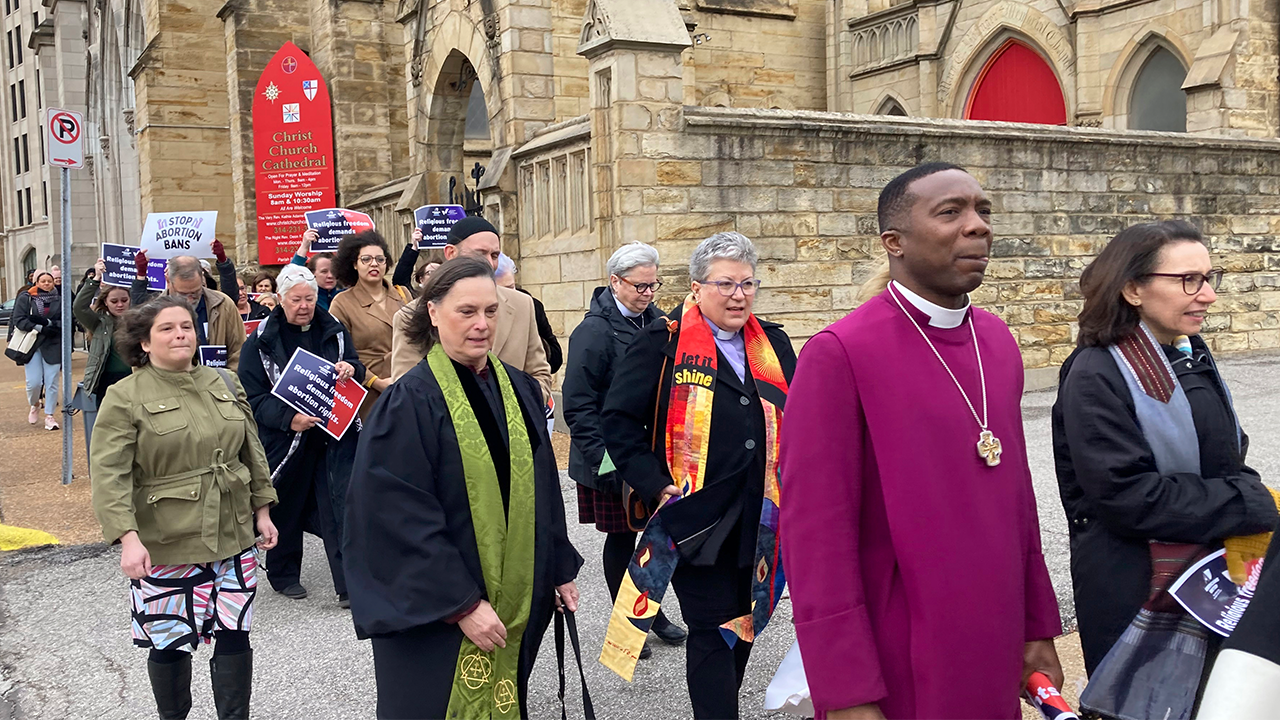
 Politics1 week ago
Politics1 week agoJudge rules Missouri abortion ban did not aim to impose lawmakers' religious views on others
